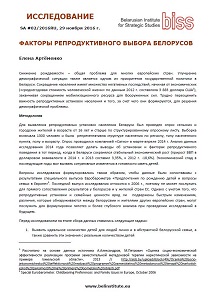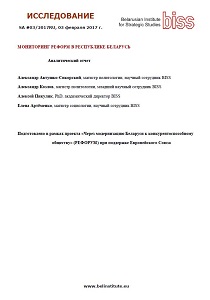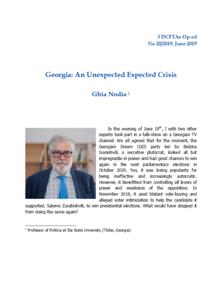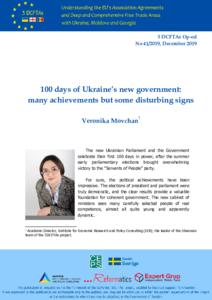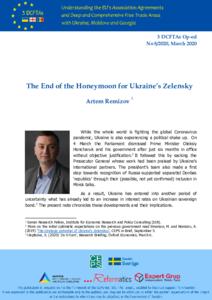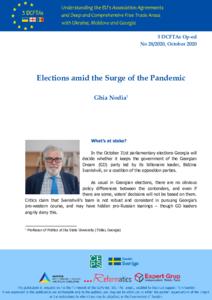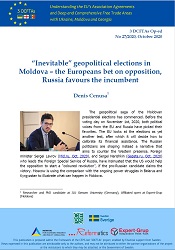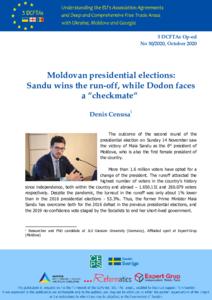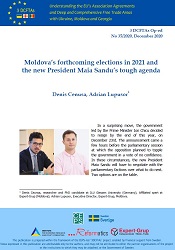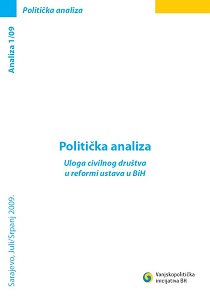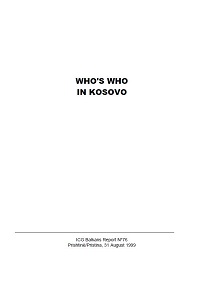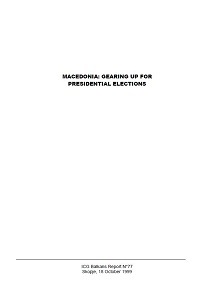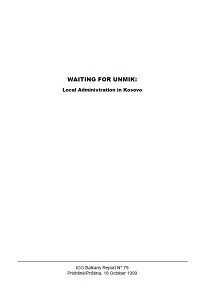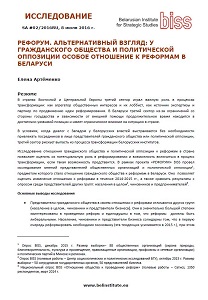
РЕФОРУМ. АЛЬТЕРНАТИВНЫЙ ВЗГЛЯД: У ГРАЖДАНСКОГО ОБЩЕСТВА И ПОЛИТИЧЕСКОЙ ОППОЗИЦИИ ОСОБОЕ ОТНОШЕНИЕ К РЕФОРМАМ В БЕЛАРУСИ
In the countries of Eastern and Central Europe, the third sector played an important role in the transformation processes: as an aggregator of public interests and their lobbyist, as a source of expertise and a partner in promoting the idea of reform. In Belarus, due to state restrictions and dependence on foreign aid, the third sector has been in a rather vulnerable position for a long time and has limited influence on the situation in the country. In the conditions when the dialogue with the West is established by the Belarusian authorities without the need to attract mediators in the form of representatives of civil society or the political opposition, the third sector risks falling out of the process of transformation of Belarusian institutions. The study of the attitude of civil society and political opposition to reforms in the country allows us to assess their potential role in reformation and the opportunity to join the transformation process, if such an opportunity presents itself. As part of the "REFORUM" project, BISS conducted a survey of the opinions of representatives of public organizations and the political opposition, the subject of which was the attitude of civil society to reforms in Belarus. It makes it possible to assess the change in attitudes towards reforms during 2014-2015, as well as to compare the results with the survey among representatives of other groups: the population as a whole, officials and entrepreneurs
More...
